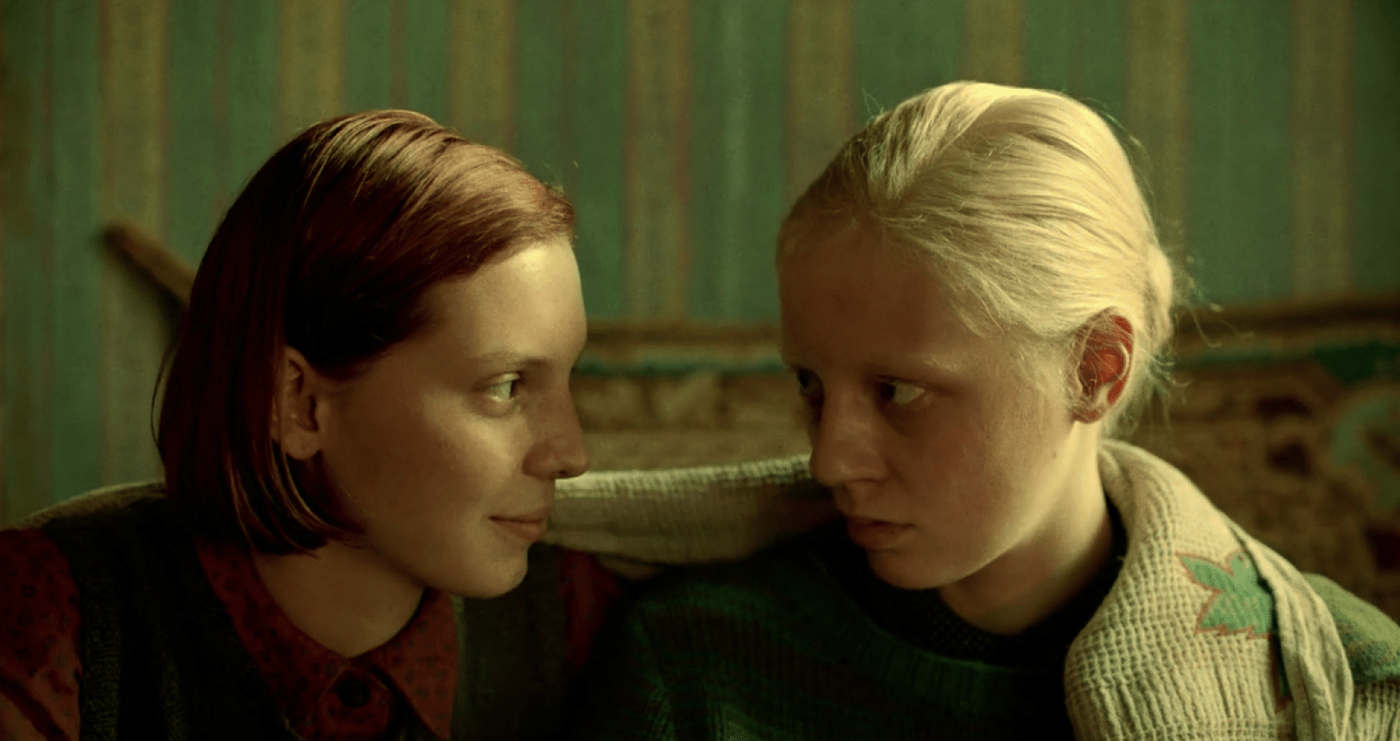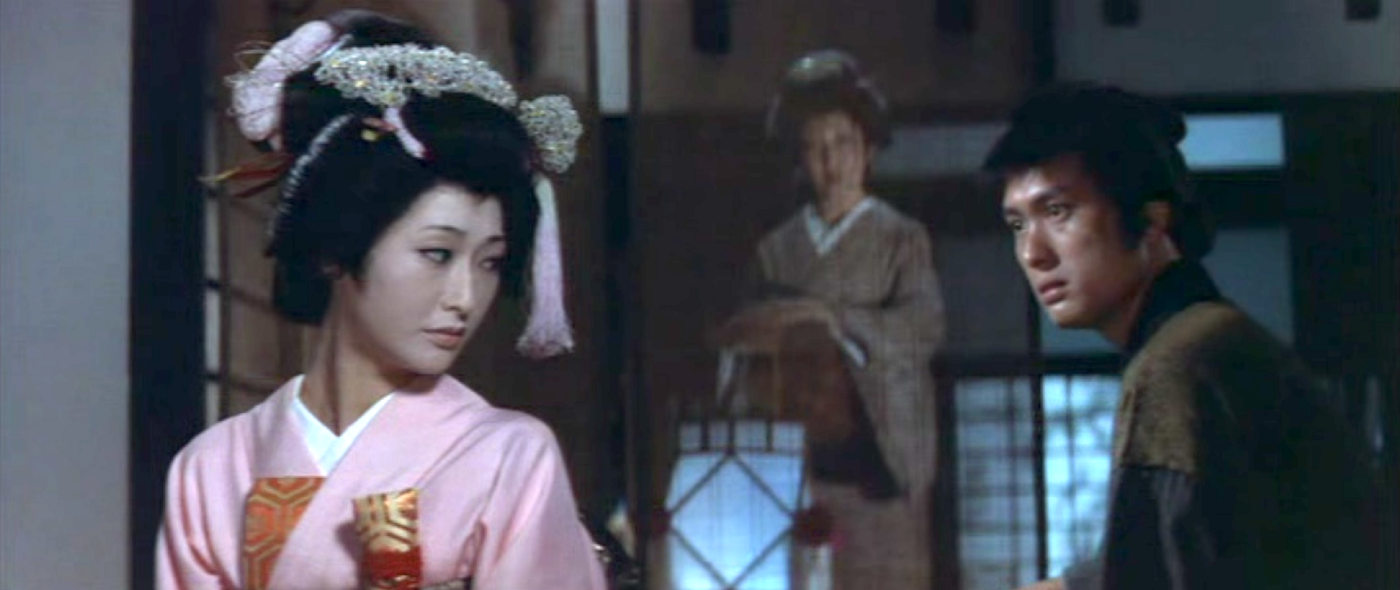
Beanpole is a visually beautiful film. It is full of saturated color and warm light, but from the first seen to the last, it presents one heartbreaking tragedy after the next, it’s relentless. Even with this overwhelming amount of pain and misfortune, the film is not melodramatic or overwrought, but the sheer density of terrible occurrences strains credulity.
The movie takes place in Leningrad after World War Two. Two women, Iya and Masha have returned from the front badly traumatized. Now back home, they work as attendants in a hospital for recovering veterans.
The Soviet Union lost 26 million people in the war. More people than you will ever see, meet, hear of, or are even capable of imagining. You could wipe out the entire population of New York City, Chicago, Los Angeles, Philadelphia, Dallas, Houston, Boston, San Fransisco, New Orleans, Memphis, and Phoenix and you still wouldn’t reach 26 million. It’s impossible to fathom living in such a time, but Beanpole presents the audience with a profound sense of emptiness. Everything is hollow, hollow of meaning, and hollow of feeling. People are just going through the motions of their lives.
Masha has a horrible smile that she wears throughout most of the film. It is completely unnerving. It doesn’t change with the surrounding context. Whatever happens around her she has the same expression. It looks as if she is about to burst into something like tears or rage but she just continues to smile.
Iya has suffered serious head trauma and simply isn’t all there. She’s stilted and foggy and prone to seizures where she freezes and stays unreachable for unpredictable amounts of time.
Most of the characters have lost interest in anything that requires trust or vulnerability, but Iya has a little innocence left in her, even with the never-ending barrage of horror that comes her way.

Beanpole was directed by Kantemir Balagov in 2020. It was based on a collection of oral histories collected by Svetlana Alexievich. Balagov and his cinematographer Ksenia Sereda render the film in red and green. There are a few notable exceptions where everything is white but otherwise red and green are present in every frame.

The presence of the colors gets stronger and more evident as the movie progresses until it is stylized and symbolic like a Peter Greenaway film. The meaning doesn’t seem to be explicit but the colors are complementary which is close in meaning to the opposite. There were painters in the nineteenth century who believed that if you balanced a painting properly you could stimulate the entirety of the brain.

The craftsmanship and quality of Beanpole are impeccable, but the intensity is too high. Even with the consummate acting, the sparing use of dialogue the striking compositions, and the color the plot involves such a grotesque parade of the worst possible situations and worst possible consequences that it’s hard to stay invested. Maybe my American constitution isn’t strong enough to withstand the severity of Russian tragedy. It is unlikely I will have ever have to endure what the Soviets endured during the first half of the Twentieth Century but even with all its beauty and skill Beanpole seemed exaggerated.

This specific criticism aside the two lead characters are very compelling. Iya is well over 6 feet tall, hence the title of the movie. Her presence on screen is gripping. She has bright blonde hair, eyebrows, and eyelashes and seems otherworldly. We are never sure what is going on in her head. We want to protect her innocence but we don’t fully understand her.
Masha loves Iya but Masha’s desire to get pregnant has reached the point of depravity and she is willing to sacrifice anything or anyone, including Iya, to have a baby. The relationship between the two of them runs the gamut of emotions, from rage and bullying on both sides to the deepest intimacy and sympathy for the other.
Beanpole is a memorable film, it leaves an indelible mark. I tender my criticism with reservations. My incredulity over the level of tragedy depicted in the film may simply come from living a far more comfortable life.

If you enjoyed this article click here for more
www.filmofileshideout.com/archives/andrey-zvyagintsevs-the-return



